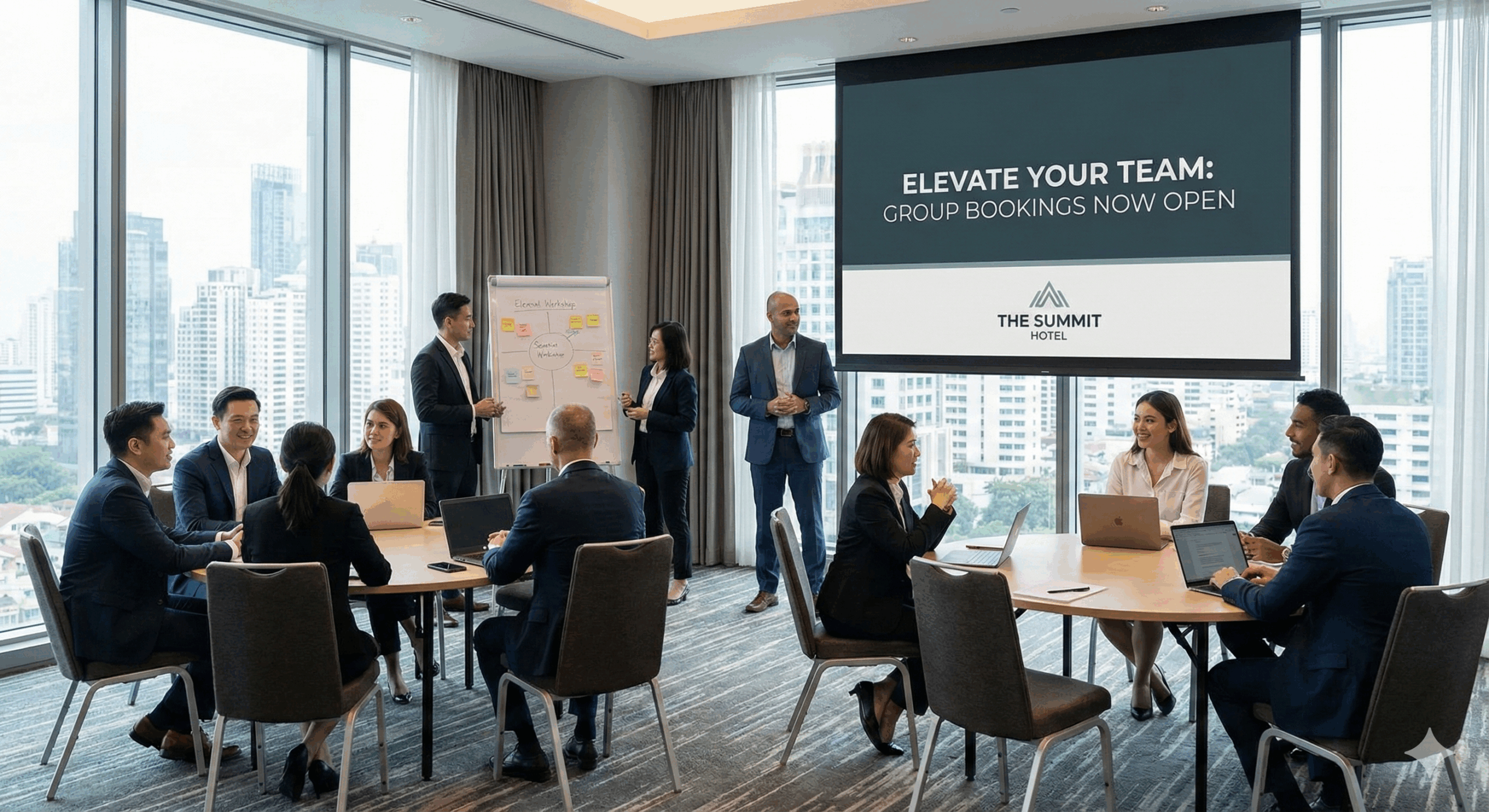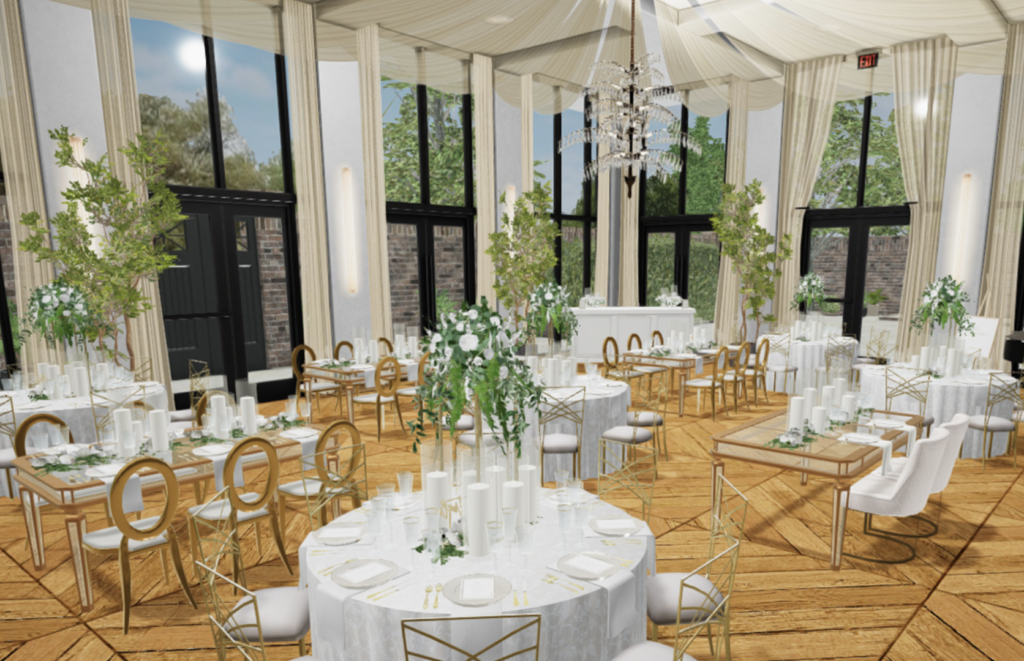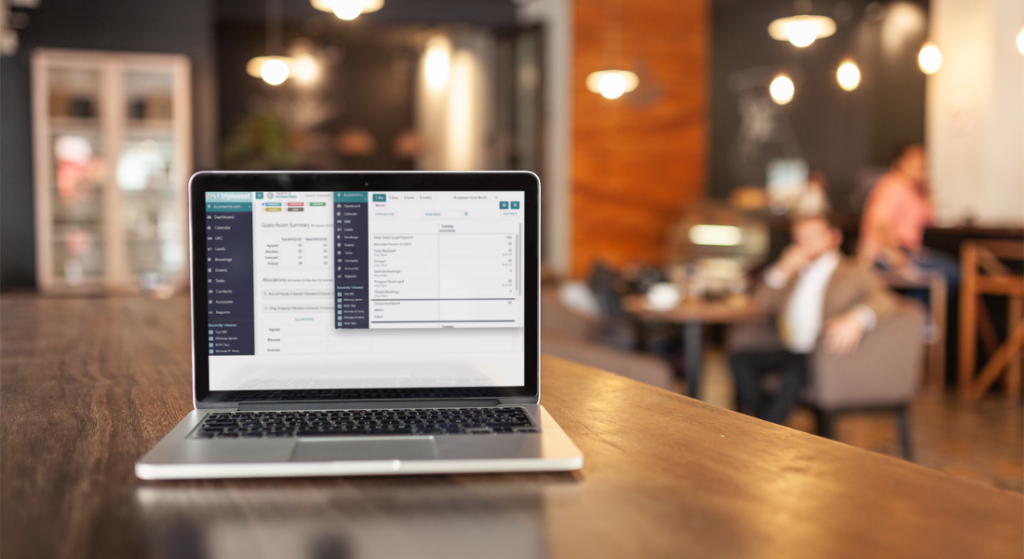10 Marketing Strategies for Hotels that Attract Event Planners and Close Deals

Event planners have more choices than ever — and they’re not just looking for spaces. They’re looking for partners. To stand out, hotels must move beyond generic promotions and adopt strategic marketing strategies that speak directly to planners’ needs. Whether it’s simplifying logistics, showcasing versatility, or proving reliability, today’s most successful hotels are using smart, tech-driven approaches to win this high-value audience.
Understand What Event Planners Really Want
To grow group business, hotels need to go beyond selling square footage. Modern event planners are looking for venues that make their lives easier — from tech-friendly corporate retreats to personalized social celebrations and seamless large-scale conferences.
Planners want hotel partners who:
- Fast turnaround times on proposals and information
- Anticipate needs and offer proactive solutions
- Intuitive tools – from digital floor plans to integrated booking platforms
- Use intuitive tools like Tripleseat for Hotels to simplify the entire process
When your property positions itself as a trusted partner, not just a venue, you build credibility, foster long-term relationships, and become the go-to destination for memorable events. Here’s how you can stand out and become a go-to destination for event planners.
1. Streamline the Request for Proposal (RFP) Process
Planners juggle countless proposals. Simplifying the RFP process is one of the fastest ways to win their attention.
How to make it effortless:
- Include key facts and downloadable spec sheets (capacities, layout options, AV details, menus) directly on your site
- Use an easy-to-find, mobile-friendly lead form with minimal fields
- Add automated responses that confirm receipt and outline next steps
- Integrate your form with Tripleseat for Hotels to automatically route inquiries and speed up your response time
A fast, frictionless inquiry process communicates efficiency — a major selling point for busy planners.

2. Showcase Your Success Stories
Planners need proof your property can deliver. Dedicate space on your website to highlight your most successful events — both corporate and social.
Include:
- Case studies showing client goals, solutions, and results on your event section of your website
- High-quality images and video testimonials
- Event galleries categorized by type and size
- Social snippets that spotlight behind-the-scenes teamwork
Authentic success stories reinforce your expertise and inspire confidence.
3. Highlight Versatility
Every event is different, and planners love hotels that can adapt. From rooftop receptions to grand ballroom galas, demonstrate how your spaces transform for different experiences.
Show versatility through:
- Virtual tours and interactive Tripleseat Floorplans
- Galleries organized by event space size and setup type
- Clear capacity charts for each layout
- Examples of themed events and creative transformations
When planners can visualize their event in your venue, you’re already halfway to the booking.
4. Boost Your Visibility Where Planners Search
To get found, your hotel must appear everywhere planners are looking.
Optimize your visibility:
- Improve on-page SEO with keywords like “hotel event space in [city]” and “corporate retreat venues”
- Keep your Google Business Profile up-to-date with images and reviews
- List your property on venue marketplaces such as EventUp by Tripleseat, Cvent, and WeddingWire
- Collaborate with local tourism boards and event associations
- Run targeted ads on LinkedIn for corporate planner audiences
The more visible you are, the more inquiries you’ll attract.
5. Offer Flexible Packages
Move away from rigid pricing and embrace customizable event packages. Flexibility gives planners the freedom to tailor events to their client’s goals and budgets.
Ideas include:
- Tiered packages (basic, standard, premium)
- À la carte add-ons for AV, décor, and catering
- Custom package builders powered by Tripleseat for Hotels
- Transparent pricing and examples of personalized setups
Flexibility shows planners you’re invested in their success — not just their spend.
6. Build Partnerships with Local Vendors
Simplify planning by providing a vetted list of trusted vendors — florists, DJs, AV partners, and photographers. This makes your hotel a one-stop shop for flawless events.
Enhance your offering with:
- Preferred vendor lists and negotiated benefits
- Co-marketing with local partners
- On-site introductions during site visits
- Streamlined billing through your event software
When you support the planner’s entire vision, your property becomes their trusted partner, not just a backdrop.
7. Prioritize Sustainability
Sustainability is no longer a nice-to-have — it’s a decision driver. Planners increasingly seek venues that reflect their company or client’s environmental values.
Promote your green initiatives by showcasing:
- Waste reduction, energy-efficient lighting, or locally sourced menus
- Certifications or partnerships with eco organizations
- Sustainable event package options
- Measurable impact, such as waste diverted or carbon offset
Eco-conscious operations can give your hotel a competitive edge and attract forward-thinking planners.
8. Elevate Site Visits
A great site visit can seal the deal. Personalize every tour to make the planner feel seen, valued, and supported.
- Enhance the experience by:
- Customizing agendas based on event type
- Having a dedicated contact for the tour
- Preparing printed or digital materials (floor plans, menus, testimonials)
- Offering virtual tours via Tripleseat Floorplans. for remote planners
- Sending a personalized follow-up with a recap or video message
- A thoughtful site visit sets your property apart and reinforces professionalism.

9. Showcase Real-Time Availability
Reduce back-and-forth emails by giving planners fast access to date availability.
You can:
- Embed a real-time calendar or event lead form on your site
- Integrate with Tripleseat for Hotels to show availability automatically
- Respond quickly with alternative options if dates are full
Speed and transparency help planners make confident, immediate decisions.
10. Streamline Operations with Tripleseat for Hotels
Once inquiries come in, managing them efficiently is key. Tripleseat for Hotels helps your team track leads, manage proposals, handle payments, and deliver flawless events — all in one centralized platform.
Why planners love it:
- Simplifies communication and collaboration
- Offers online payment options and digital proposals
- Provides transparency throughout the planning process
Why your team loves it:
- Reduces manual work
- Keeps details organized and accessible
- Increases conversion and satisfaction rates

Make Your Hotel the Top Choice for Event Planners
In today’s competitive hospitality landscape, event planners choose hotels that deliver convenience, partnership, and reliability — all backed by great technology.
With Tripleseat for Hotels, you can simplify operations, elevate the planner experience, and grow your group business with confidence.
Contact us today to see how your hotel can become every planner’s preferred partner.
